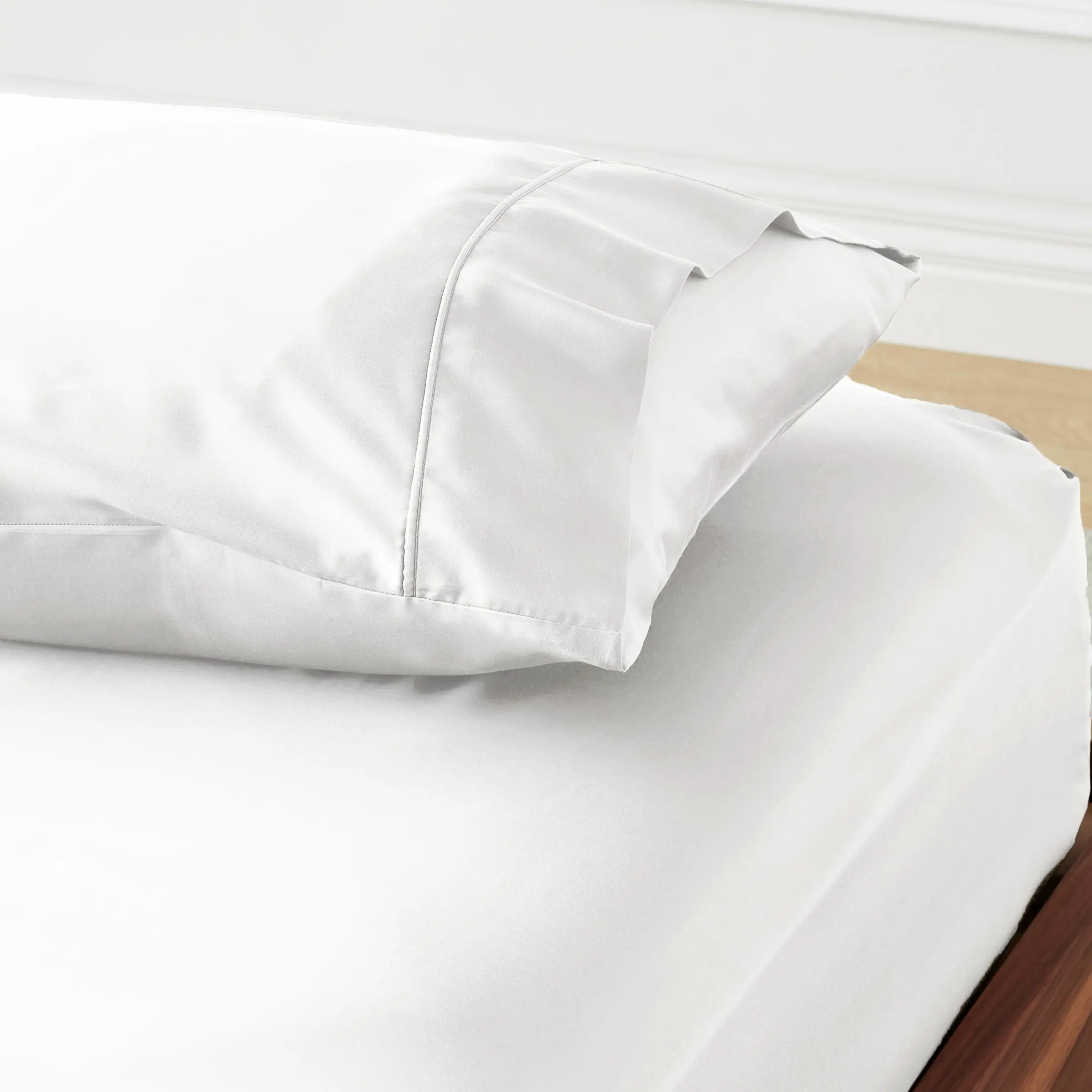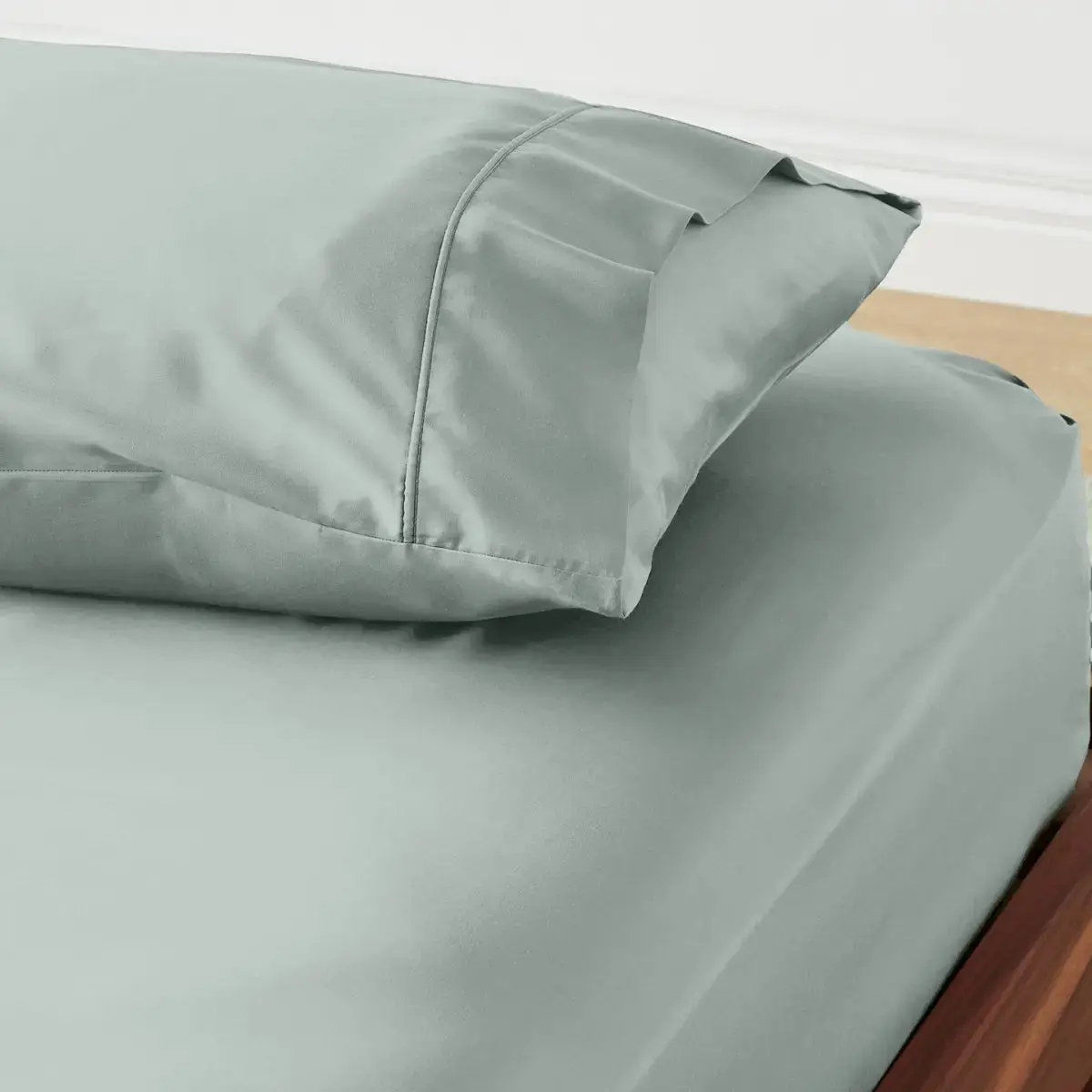Living with eczema can be a daily struggle, marked by constant itching and discomfort. Eczema, or atopic dermatitis, is a chronic skin condition characterized by red, inflamed, and itchy patches on the skin. For those who experience this condition, finding relief is not just a desire; it's a necessity. The challenges of eczema extend beyond the physical symptoms. The psychological and emotional toll it takes can significantly affect one's quality of life and self-esteem.
In my journey with eczema, I have encountered numerous hurdles, from the bewildering array of treatments to the trial and error of identifying triggers. It can be exhausting and disheartening, mainly when flare-ups occur despite your best efforts. One of the most frustrating aspects is the impact of eczema on sleep quality. The relentless itchiness often intensifies at night, leading to a vicious cycle of scratching and disrupted sleep.
This ongoing battle has taught me the importance of creating an environment conducive to healing and comfort. I've learned that every detail matters, from my clothes to the fabrics surrounding me at night. In this article, I will share my insights and guide you through finding the best bed sheets to alleviate discomfort and improve sleep for those with eczema.
What kind of bed sheets are good for Eczema?
When managing eczema, many overlook the significance of bed sheets. Yet, these fabrics play a crucial role in our daily lives, coming into prolonged contact with our skin every night. The wrong bed sheets can aggravate symptoms for eczema sufferers, making it imperative to choose wisely.
The skin's interaction with bed sheets can be likened to a delicate dance. Fabrics that are harsh or trap heat and moisture can irritate sensitive skin and lead to increased itching and inflammation. Conversely, the proper bed sheets can soothe and protect the skin, creating an environment that promotes healing and reduces the likelihood of nocturnal scratching.
To understand this importance, consider the fact that we spend about one-third of our lives in bed. That's a significant amount of time for our skin to be exposed to potential irritants. Moreover, during sleep, our body undergoes repair and regeneration processes. If our skin is distressed by unsuitable bed sheets, these processes can be hindered, undermining our efforts to manage eczema effectively.
What to Look for in Bed Sheets for Eczema Sufferers
Choosing bed sheets for eczema sufferers isn't just about comfort but skin health. As someone who has navigated this selection process, I can vouch for key qualities that can make all the difference. When evaluating bed sheets, consider these vital factors:
-
Firstly, the fabric's breathability is paramount. Sheets that allow air to circulate can prevent overheating and reduce sweating, which can irritate eczema-prone skin. In addition, look for moisture-wicking properties. Fabrics that draw moisture away from the skin can keep you dry and less prone to itching.
-
The texture of the fabric is also a critical consideration. Rough or textured materials can cause friction against the skin, leading to irritation. Therefore, opting for sheets with a smooth and soft surface is beneficial. They should ideally have minimal seams and embellishments to reduce the risk of scratching.
-
Lastly, thinking about the bed sheets' hypoallergenic qualities is essential. Sheets resistant to dust mites, mold, and other allergens can help minimize eczema triggers. Additionally, the ease of washing the sheets plays a role; regularly cleaning them at high temperatures without degradation can ensure they remain free from irritants.
Materials Suitable for Eczema Sufferers
When searching for the perfect bed sheets, the material they are made from should be a top priority. In my extensive research and personal experience, certain materials consistently rise to the top for their skin-friendly properties.
-
Cotton is a classic choice, particularly organic cotton. It is soft, breathable, and less likely to irritate. However, not all cotton is created equal. Long-staple cotton, for example, results in a smoother and more durable fabric. Additionally, opting for organic ensures that no pesticides or chemicals that could further irritate the skin have been used.
-
Bamboo sheets are another excellent option. Bamboo is naturally hypoallergenic and antibacterial, making it a fantastic choice for sensitive skin. The fibers are also incredibly soft and have impressive moisture-wicking capabilities, helping to keep the skin dry and comfortable throughout the night.
-
Tencel, a fiber derived from eucalyptus trees, is gaining popularity for its eco-friendly production process and skin-soothing qualities. Tencel sheets are incredibly soft, moisture-wicking, and breathable. They also have a natural sheen that provides an extra layer of smoothness, reducing friction against the skin.
-
Silk is a luxurious alternative that is gentle on the skin and can benefit those with eczema. Its smooth texture minimizes friction, and its natural temperature-regulating properties can prevent overheating. While silk sheets are an investment, they can offer significant relief for sensitive skin patients.
Reviewing the Best Bed Sheets for Eczema
Over time, I have tested various bed sheets to determine which ones truly offer relief for eczema symptoms. Here, I'll share a few of the best options that have made a difference for me and others with similar skin challenges.
-
Firstly, I've found that certain brands of organic cotton sheets stand out for their softness and lack of irritants. Look for GOTS-certified organic cotton, which ensures that the sheets are produced without harmful chemicals. These sheets often feature a sateen weave, which gives them a silky feel without the slipperiness of silk.
-
Bamboo sheets have also earned a spot on my list of recommendations. Brands that utilize a high thread count and a gentle production process offer sheets that are not only soothing against the skin but also durable. Their natural antimicrobial properties are a bonus, keeping potential allergens at bay.
-
Tencel sheets are another top contender. Their smooth fiber surface and excellent moisture management have helped reduce my night-time itching significantly. I particularly appreciate brands that combine Tencel with other eco-friendly materials, enhancing the sheets' breathability and comfort.
-
Lastly, mulberry silk sheets can be transformative for those willing to invest in luxury. Their temperature regulation and smoothness are unparalleled. When choosing silk sheets, ensure they're made from high-quality, long-fiber silk for maximum benefits.
Caring for Bed Sheets: Maintenance Tips for Eczema Sufferers
Maintaining your bed sheets properly is just as crucial as selecting the suitable material. Proper care not only extends the life of your sheets but also ensures they remain a safe haven for your skin. Here are a few maintenance tips that have proven effective for me:
-
Wash new sheets before use to remove any residual chemicals or irritants from the manufacturing process. Use a mild, fragrance-free detergent that's designed for sensitive skin. Avoid fabric softeners and dryer sheets, as they can leave a residue that might irritate eczema-prone skin.
-
Wash your bed sheets regularly—at least once a week—to eliminate dust mites, sweat, and skin cells. Hot water can be effective in removing allergens, but always follow the care instructions to avoid damaging the fabric. Double-rinsing the sheets can help remove any leftover detergent if your skin is particularly sensitive.
-
When drying your sheets, choose a gentle cycle and remove them from the dryer while they're still slightly damp to prevent wrinkles. Avoid high heat, which can cause shrinkage and weaken fibers over time. If possible, line drying in a clean, outdoor environment can be beneficial, as the sun has natural antibacterial properties.
Other Bedding Considerations for Eczema Sufferers
While bed sheets are a significant factor in managing eczema, other bedding elements should not be overlooked. Your pillowcases, duvet covers, and even your mattress and pillow protectors can affect your skin's health.
When selecting pillowcases, apply the same criteria used for bed sheets. Materials like organic cotton, bamboo, Tencel, or silk can provide the same benefits for your face and head, areas that are often affected by eczema.
Duvet covers should also be chosen with care. They should be made from the same eczema-friendly materials and require the same maintenance as your sheets. Additionally, consider the filling of your duvet or comforter; hypoallergenic options such as down alternatives can prevent allergic reactions.
Mattress and pillow protectors are essential for keeping your sleep space free from dust mites and other allergens. Look for protectors that are breathable yet offer a barrier against these irritants. They should also be easy to wash and made from materials that won't exacerbate your eczema.
Expert Tips for Managing Eczema Symptoms at Night
Beyond choosing suitable bed sheets, there are additional strategies to manage eczema symptoms at night. As someone who has experienced the frustrations of nocturnal itching, I've compiled expert tips that have helped me achieve a more restful sleep.
Keeping the bedroom cool and well-ventilated can prevent overheating, a common trigger for eczema flare-ups. Consider using a fan or air conditioner to maintain a comfortable temperature. Humidity levels are also important; a humidifier can add moisture to the air during dry seasons, benefiting your skin.
Developing a pre-sleep skincare routine can also be helpful. Gently cleansing your skin to remove irritants and applying a moisturizer can protect and hydrate the skin throughout the night. Make sure to use products that are fragrance-free and designed for sensitive skin.
Lastly, try to minimize stress before bedtime, as it can exacerbate eczema symptoms. Relaxation techniques such as deep breathing, meditation, or gentle yoga can calm the mind and body, making it easier to fall asleep and stay asleep.
Conclusion: Getting a Good Night's Sleep with Eczema
Eczema need not be a barrier to achieving a good night's sleep. Minimizing discomfort and maximizing rest with suitable bed sheets and bedding combined with proper skin care and a conducive sleep environment is possible. Throughout my journey with eczema, I have learned that attention to detail and a commitment to self-care can significantly improve skin health and overall well-being.
By sharing this comprehensive guide, I hope to empower others with eczema to take control of their sleep and find relief from their symptoms. Remember, the journey to comfortable nights starts with the simple act of choosing the best bed sheets. Take the time to research, invest in quality materials, and care for your bedding meticulously. Your skin—and your sleep—will thank you for it.



























































































